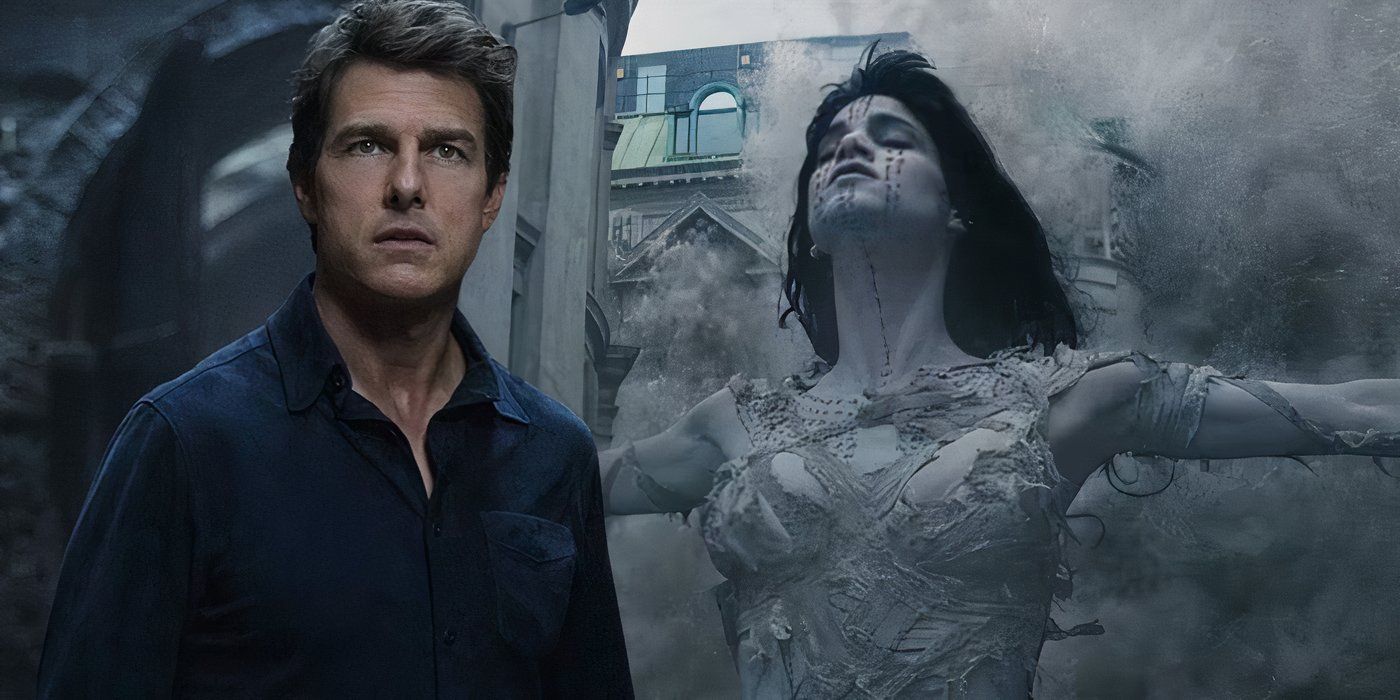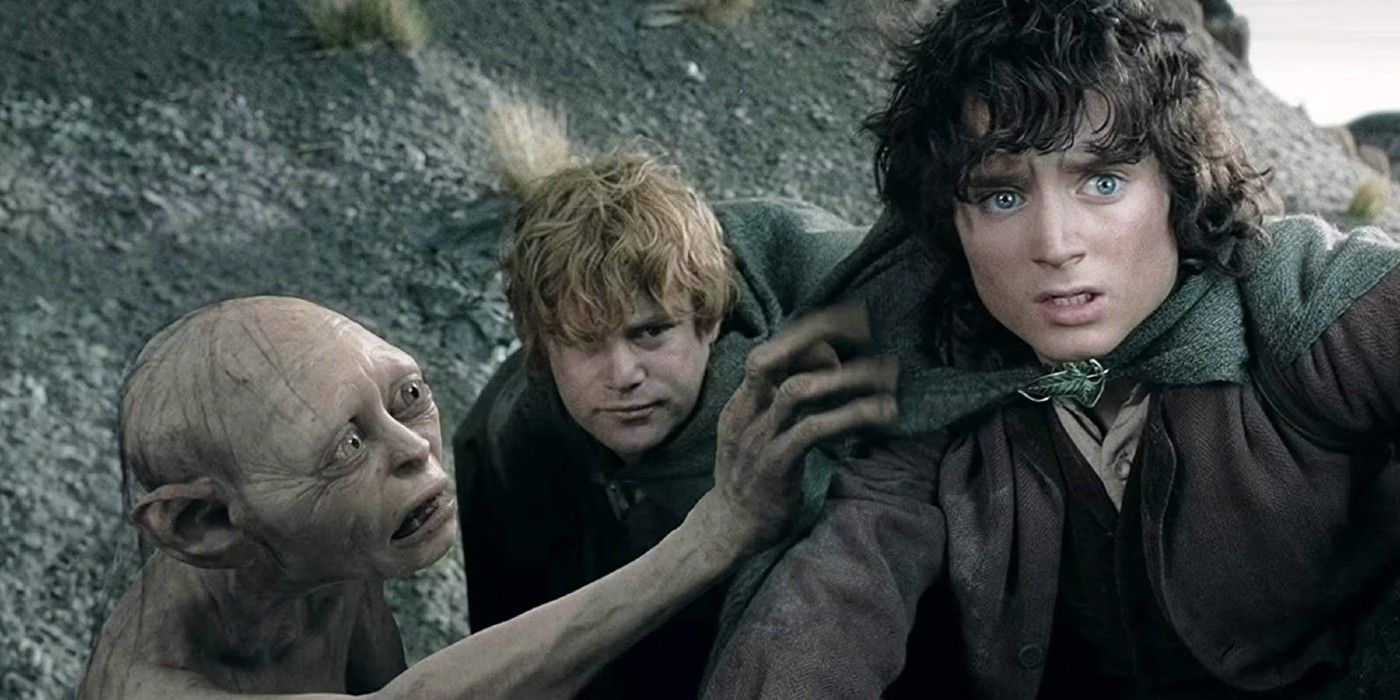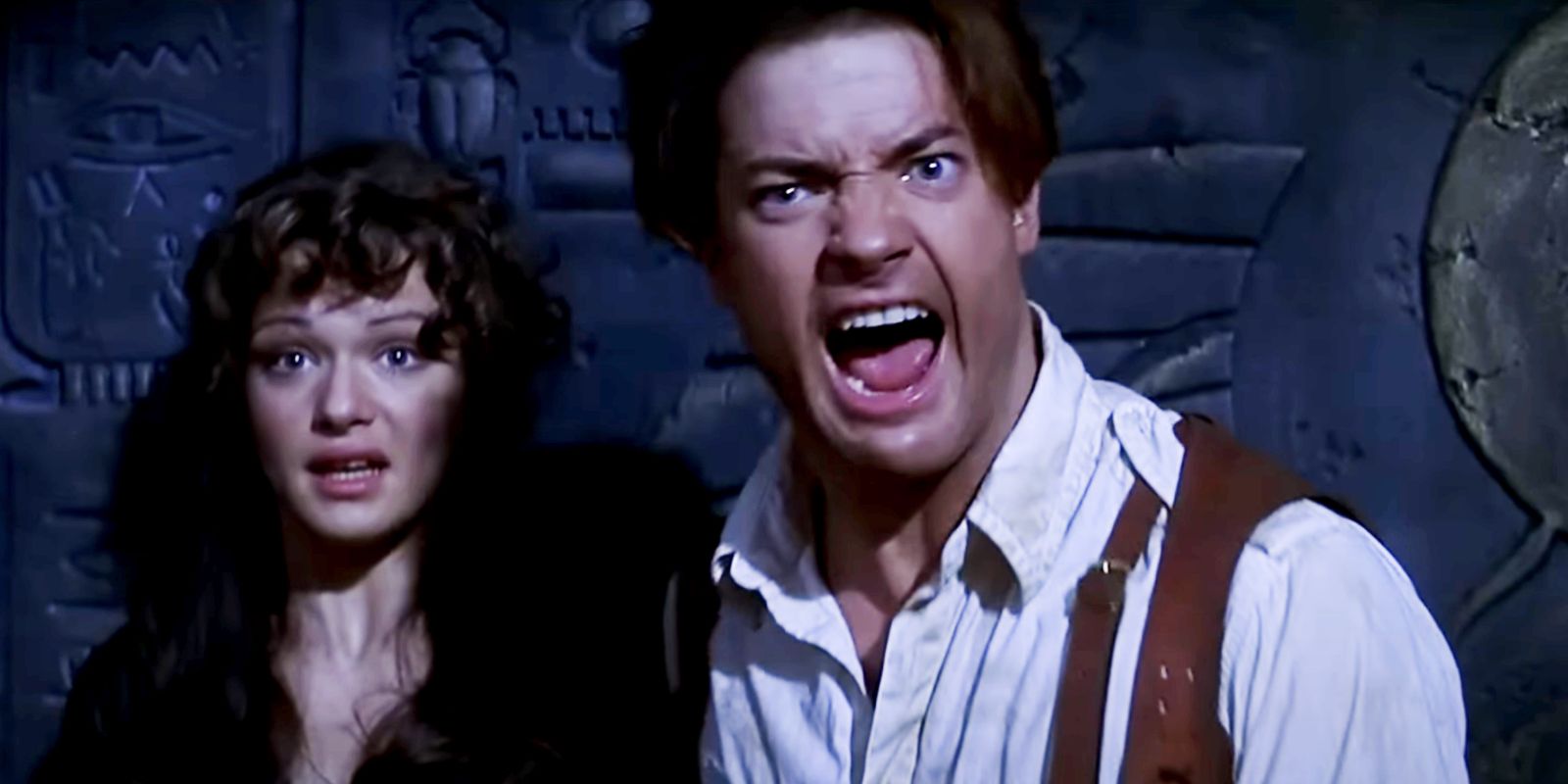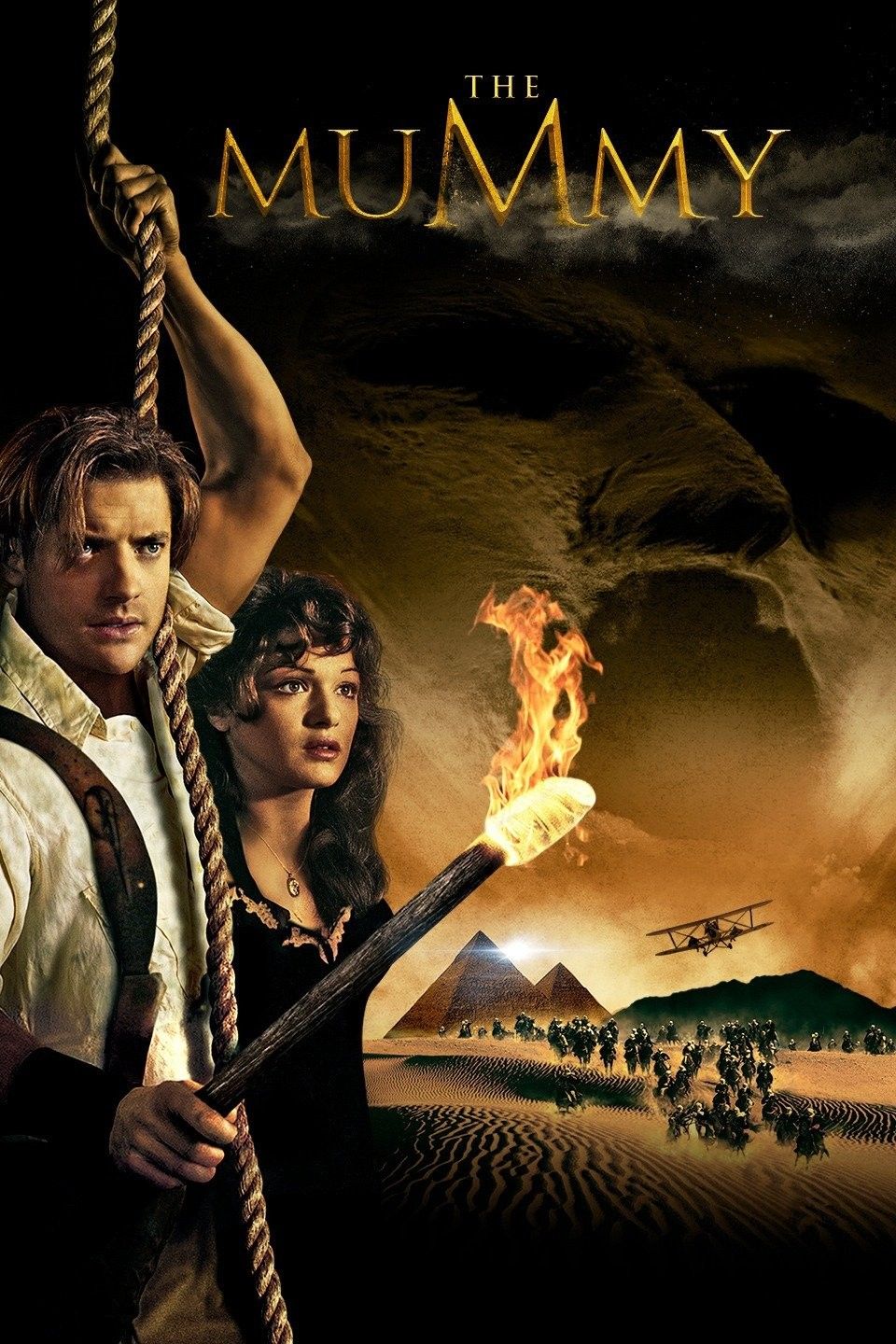Summary
- Sommer felt insulted by Tom Cruise's 2017 Mummy remake as nobody reached out to him for consultation.
- Sommer's action-driven Mummy reboot in 1999 was a box office hit.
- Tom Cruise's 2017 Mummy movie failed critically and commercially, halting the planned The Dark Universe.
Stephen Sommers, the director of the 1999 The Mummy remake, reveals that he felt insulted by Tom Cruise’s 2017 reboot of the horror movie franchise. The original movie dates back to 1932 with the Universal Boris Karloff-led movie. The franchise received multiple reboots, including from Universal Pictures and Hammer Film Productions. Stephen Sommers brought the franchise to the modern era with three feature-length movies and, more recently, a Tom Cruise-led reboot that was meant to kick off The Dark Universe.
25 years after the release of Stephen Sommers’ The Mummy reboot, the veteran director revealed to The Hollywood Reporter that he felt insulted by the release of the 2017 The Mummy remake which Alex Kurtzman directed. Sommers explained that he was not contacted before the release of the movie and the director took offense to that, adding that “it’s common courtesy” to be consulted. Read his full comments below:
No. Actually, I was kind of insulted because the writers and director [Alex Kurtzman] of that Tom Cruise one, no one ever contacted me. I contact people if I was going to take over somebody’s thing. The third one, which Rob [Cohen] directed, it’s kind of my baby. I didn’t want to step on his toes, so I helped produce it. But I had nothing to do with the Tom Cruise one. They never contacted me or called me. I was doing other things, and it’s not like I sat crying. I just think it’s common courtesy.
How Does Stephen Sommers' The Mummy Reboot Compare To The 2017 Remake?
Cruise's Movie Failed To Start A New Franchise
The foundational pieces of The Mummy franchise were laid several decades ago by directors like Karl Freund, Harold Young, and Christy Cabanne, all of whom directed some of the earliest versions of the famous film series. Sommers’ 1999 reboot, however, which changed the emphasis of the franchise from its horror leanings to more action and adventure, catapulted the franchise to new heights, grossing over $416.4 million worldwide against a production budget of $80 million.
While Sommer’s 1999 reboot was undoubtedly a box office hit, it received mostly mixed reviews from critics, who praised the movie’s use of special effects, its humor, and thrilling adventure but were let down by its overstuffed plot and unending clichés. This 1999 reboot led to two other sequels, The Mummy Returns and The Mummy: Tomb of the Dragon Emperor, both of which also found commercial success and also received relatively mixed reviews.

Tom Cruise’s The Mummy Failure: 8 Reasons Why Dark Universe Failed Before It Began
Despite Tom Cruise taking the lead role, 2017’s The Mummy was a failure that stopped the Dark Universe from progressing, but why did it flop?
In comparison, the latest installment in The Mummy franchise which was released in 2017 and led by Cruise failed both critically and commercially. It lost about $60–95 million due to the movie’s high production and marketing budget. The movie was meant to start the shared universe, The Dark Universe, but plans for this were cancelled after The Mummy. On Rotten Tomatoes, it holds an abysmal 15% approval rating, with some critics criticizing the movie’s incoherence and plot progression, while some went as far as to declare it as one of the worst movies Cruise has ever appeared in.
The Mummy (1999) is available to stream on Peacock.
Source: THR





